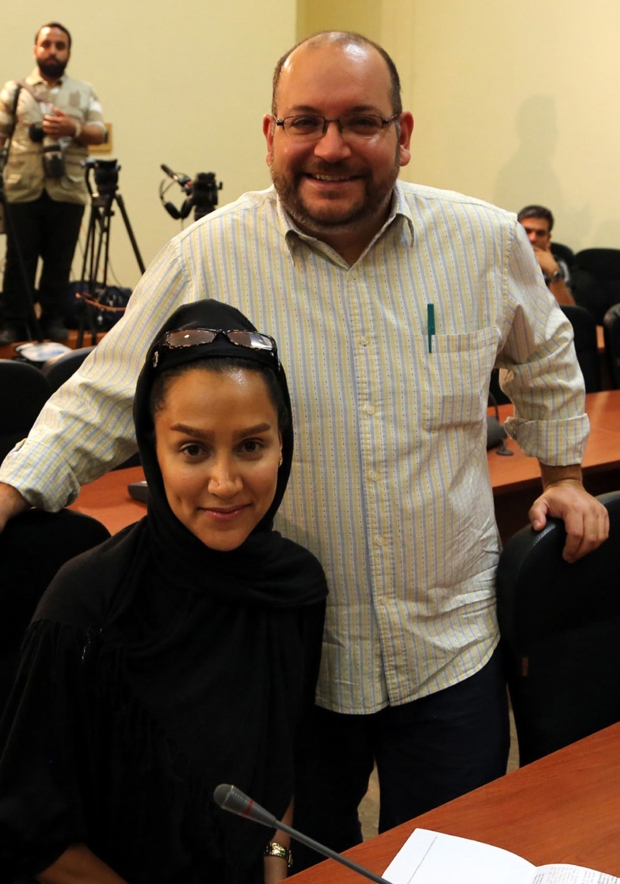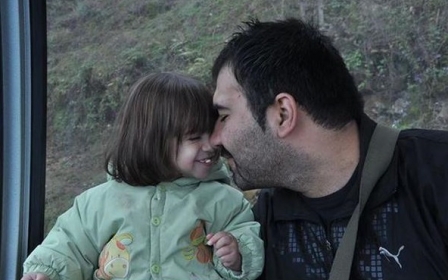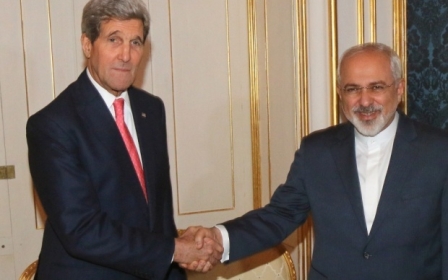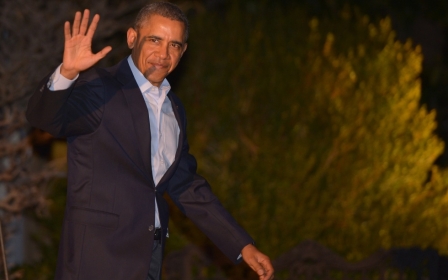Kerry 'deeply disappointed' by Iran over jailed journalist
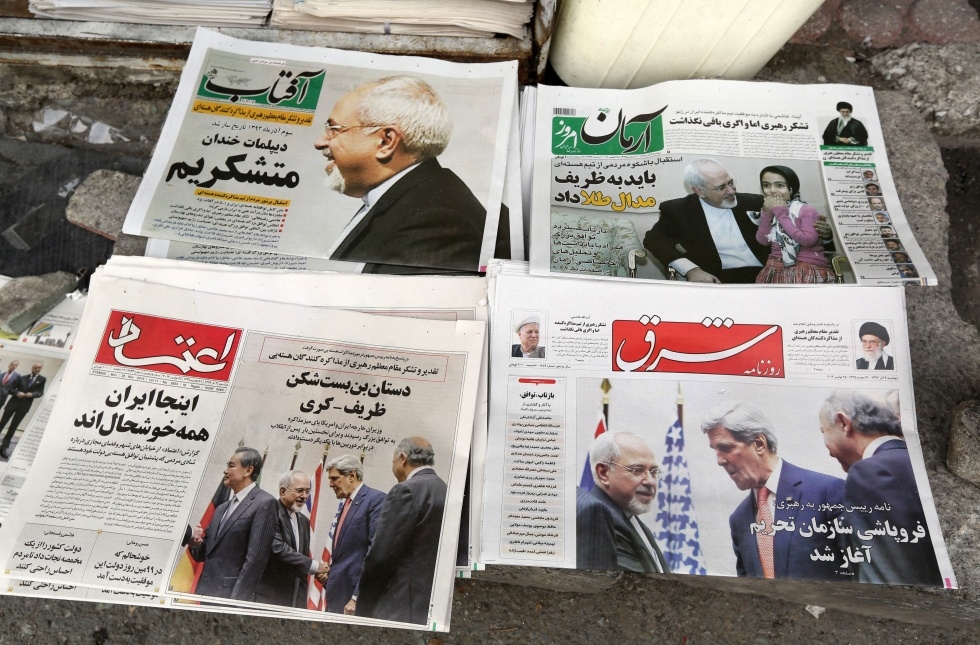
US Secretary of State John Kerry said Sunday he was "deeply disappointed" by reports that a US journalist jailed in Iran had been charged and denied bail more than four months after his arrest.
Jason Rezaian, a Washington Post bureau chief in Tehran who holds dual US-Iranian citizenship, was charged Saturday after a lengthy court appearance, the Post reports.
But the specific accusations remain unclear, according to the newspaper, and it is not known when he will next appear in court.
Rezaian, 38, was arrested on July 22 with his wife, Yeganeh Salehi, who was freed on bail in October. Last week, Iranian authorities said Rezaian's detention would be extended for up to 60 days.
Kerry said he was "distressed" at how Rezaian's case had been handled, and slammed Iran for flouting the law by denying him access to a lawyer.
"The United States is deeply disappointed and concerned by reports that the Iranian judiciary has charged Washington Post journalist Jason Rezaian with unspecified charges, and that the judge denied his request to be released on bail," Kerry said in a statement.
He called on the Iranian authorities to drop the charges "and release him immediately."
Kerry said denying access to an attorney "is a clear violation of Iran’s own laws and international norms."
"I am personally dismayed and disturbed at these reports as I have repeatedly raised Jason's case."
According to the Washington Post, Saturday's court hearing lasted 10 hours and Rezaian appeared alongside a translator who explained the charges to him.
The newspaper said Rezaian signed a document signalling that he understood the charges being brought against him.
Kerry said requests to access Rezaian in prison had been denied, and that his family was concerned for his health.
"We share the concerns of Mr Rezaian's family regarding reports that he is under physical and psychological distress, and is not receiving proper medical care," Kerry said.
It remains unclear why Rezaian, 38, and Salehi were arrested on July 22, though one conservative newspaper in Tehran has accused Rezaian of espionage.
Iran minister says all web surfers to be 'identified'
Meanwhile, Iran's telecommunications minister has said his technicians are developing a system to identify any Internet user in the country at the moment of log-on, the ISNA news agency reported Saturday.
"Because of our efforts, in future when people want to use the Internet they will be identified, and there will be no web surfer whose identity we do not know," Mahmoud Vaezi said, without elaborating on how this would technically be done.
Last month, he said the Islamic republic would have "smart filtering" within six months to weed out Internet content the authorities deem offensive or criminal.
"The first phase of smart online filtering will be ready within a month, a second phase within three months and a third within six months", ISNA reported him as saying on November 14.
Iran formed a special Internet police unit in early 2011 to combat "cyber crimes", particularly on social networking sites which are popular among the opposition and dissidents.
Internet censorship is a bone of contention between conservative hardliners and government members including President Hassan Rouhani who use social networks.
The authorities regularly block access to networks including, Facebook, YouTube and Twitter since public protests against the 2009 re-election of Rouhani's predecessor, Mahmoud Ahmadinejad.
Official figures show that more than 30 million people out of Iran's total population of 75 million use the Internet.
A recent study found that 69 percent of young users use illegal software to bypass official restrictions.
In October, Iran prevented access to an Instagram page devoted to the lifestyle of Tehran's young elite that stirred indignation in the sanctions-hit country.
In September, the judiciary gave the government a month to ban messaging applications Viber, Tango and WhatsApp over insults to Iranian officials, but the apps remain accessible.
Middle East Eye propose une couverture et une analyse indépendantes et incomparables du Moyen-Orient, de l’Afrique du Nord et d’autres régions du monde. Pour en savoir plus sur la reprise de ce contenu et les frais qui s’appliquent, veuillez remplir ce formulaire [en anglais]. Pour en savoir plus sur MEE, cliquez ici [en anglais].


